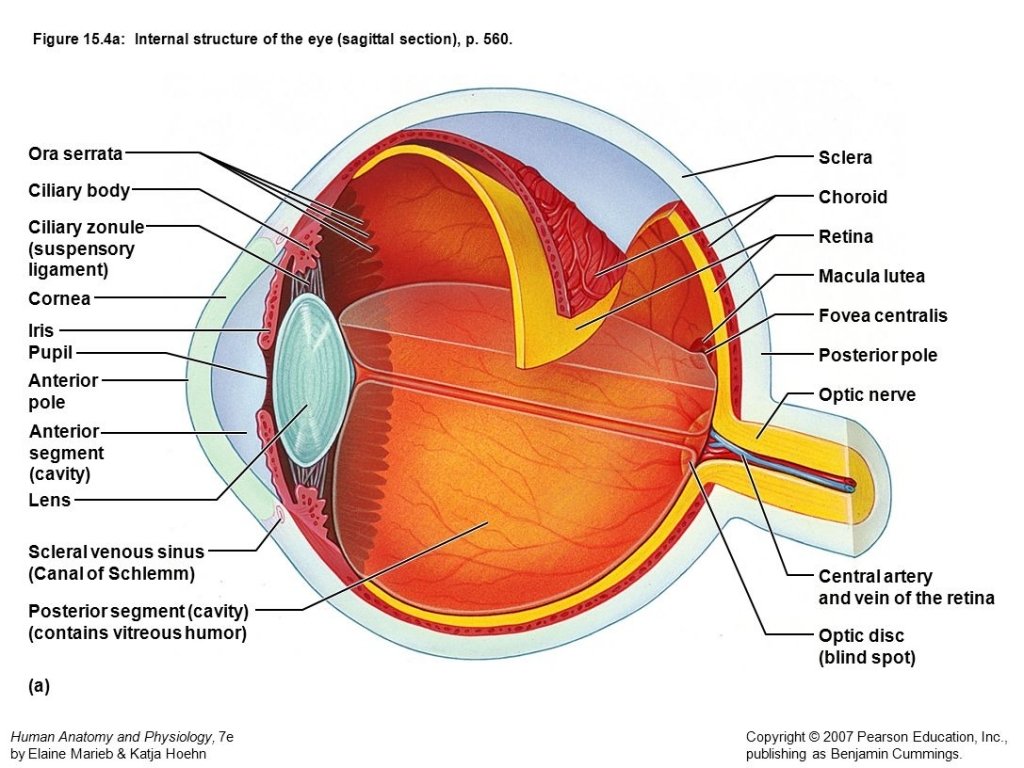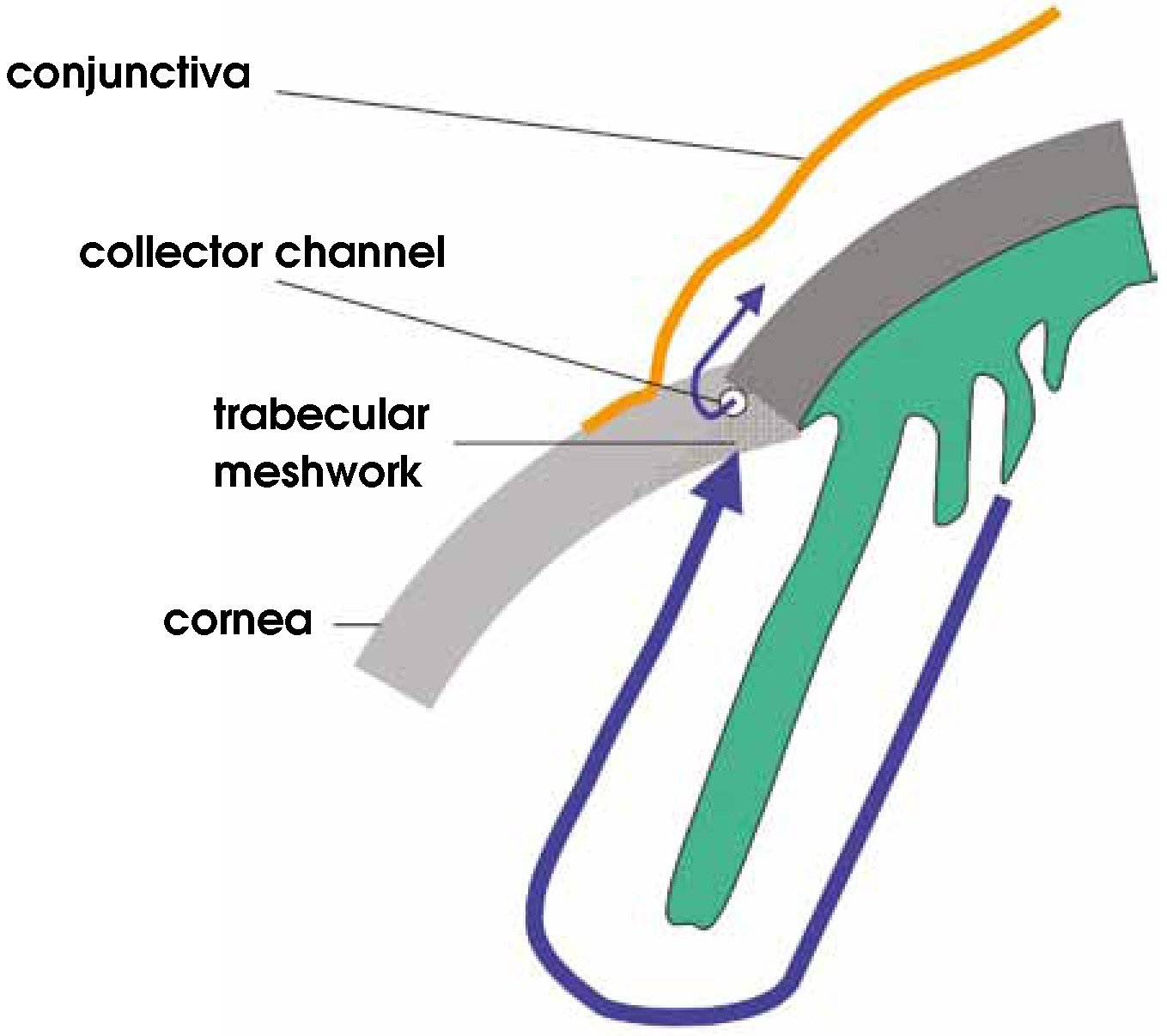
The pharmacology of the marijuana and having its effect on Intra-ocular pressure , it has not even changed since the researchers in the 1970s and 1980s conduct .After some studies , that marijuawa could really relieve the pressure conducted by the Robert Randall who suffered from the Glaucoma sued the federal government During the late 1970s , a eye pressure measuring device showed that there is a decrease in the pressure in the eye when you inhaled marijuana. As a professor of Rutgers University, after some use of marijuawa by Robert randall for curing glaucoma, he was found out by the government and the police and arrested him. After some deep studies on the science of marijuana reducing the glaucoma symptoms, he sued the federal government and came out wining on federal court on his decision. After this incident occurred, there was many headlines on him showing " A man who won the rights to use marijuawa for glaucoma " .There is probably some basic molecular level going on the glaucoma patients. The science behind is just simple but you need to understand the glaucoma to get a clear concept on it.
To understand Glaucoma, we should know the fluid system in the human eye which consist of aqueous humour and the vitreous humour .
- The Vitreous humour is a gelatinous fluid or mass, which is sticky in nature . It is just like a jelly type matter, semisolid. Generally, this is a fine fibral elongated proteoglycan molecules.
- The Aqueous humor has a great role in this case.
Normally, the pressure of aqueous humour in our eye is 10-20mm Hg . Daily, it is produce at a rate of 2.5 µl/min. The production, circulation and the drainage system should be understandable . Go through this picture of anatomy of eye before reading the below paragraph. It makes you a whole clear mind in this topic.

Anatomy of human eyeball (credit)
The human eye is divided into two segment by the lens, Anterior segment and Posterior Segment. Further , the anterior segment is divided in two chamber by iris, Anterior chamber and the Posterior chamber. The Aqueous humour is produced from the ciliary body in the posterior part of anterior segment where the non-pigment epithelium takes a major role. There are some non-pigmented epithelium present which actively secrets sodium . This is followed by chlorine and bicarbonate passively . Even there are some gap junctions and Na/H and Cl/Hco3 pumps present that maintain the osmotic pressure form the capillaries in the eye.. Due to this osmotic gradient, there is movement of other particles into the posterior chamber. Release of water along with glucose, Vitamin C and amino acid are there.
Movenment of Aqueous Humour (credit)
The pressure exerted by the fluid system in the eye is called Intra-ocular pressure and the pressure exerted between the walls of sclera is called as Inter-scleral pressure.
So this two pressure in the eye makes the Aqueous humor to flow forward i.e towards the anterior chamber from posterior chamber through Pupil (Unidirectional flow).
When it reaches the anterior chamber of anterior segment of eye ,it finds its pathway for drainage. A trabecular meshwork is present made up of connective tissue which consist of three layers namely
- Uveal membrane (Inside)
- Corneoscleral membrane (middle)
- Juxtacanalicular membrane (out)

Aqueous humour is about 0.25ml in anterior chamber and 0.06 ml in posterior chamber. So, The aqueous humour is produced at the posterior chamber, goes though the pupil and reach anterior chamber. This then goes to the angle mentioned above which is also called as the Iridocorneal angle . It passes through this angle and reach the trabecular meshwork and reach Canal of Sclemm for drainage. During this process, the trabecular meshwork is permeable to aqueous humour, though it is permeable, to some extent Juxtacanalicular meshwork provide some resistance to the aqueous humor drainage. This is normal functional resistance or even called as a physiological resistance. This mechanism is responsible in contributing to normal intraocular pressure.
From this there is mainly two pathway to drain to opthalmic vein
MAJOR PATHWAY ...
From the canal of Sclemm there is collector channel of about 20-25 in number which connect to the aqueous vein . This then connect to the Episcleral vein and to the Larger Extraocular vein and lastly to the Opthalmic vein .

This pathway contributes to 85-90% of total Aqueous humour drainage.
MINOR PATHWAY ....(Uveo-scleral pathway)
From the anterior chamber, the aqueous humour then goes though the Ciliary body. The ciliary body is little permeable as it contain muscle fibres (longitudinal, radial,circular muscle fibres) . From the Ciliary body, it reaches to the Choroid and to the Supra-Choroidal space and to the Scleral Venous Plexus/network. Which finally drain to the Episcleral venous plexus.
This pathway affords to contribute 10-15% of aqueous humour drainage.
Ok lets see the clinical relation of the Glaucoma in this mechanism.
When there is over-production , difficult to drain the aqueous humour, there is increase in the pressure in eye i.e Increased Intra-Ocular pressure. This increased pressure compresses the ganglionic cells present in the retina and conclusively degenerate it. There is axoplasmic flow between these cells, so when this flow is interrupted, fibres get degenerated and no nutrition to the available nerve fibres. This results in Optic Neuropathy . Even, the eye-ball is supplied by some artery called as "central artery". When this gets compressed it can result in damage . During this cases, there is deepening pathology of the optic cup which disturbs the vision . This can result to blindness.

Mechanism of Glaucoma (credit)
When the Increased Intraocular pressure gets high (Intra-ocular hypertension) , there is increase in the optical damage and when this gets untreated , it result to Complete Blindness.
There are several types of Glaucoma . They can be Categorized as :
- Open angle Glaucoma :
This is the most common glaucoma prevalent in the society. The angle between the iris and the cornea becomes open but the drainage is slowly and slowly clogging. This clogging increases the gradual pressure in the Eye.
Initially, there is the outer rim atrophy -> Peripheral vision loss
When there is the complete optic nerve damage -> Central vision loss
- Closed angle Glaucoma
This is also called as the narrow angle glaucoma or angle closure glaucoma . The angle between the iris and cornea for aqueous humour drainage is too small . During this condition. there is the pushing of lens to the side of cornea hence, the iris gets in contact with lens. Due, to this , the drainage pathway is blocked and there is rapid rise in the pressure builup in the eye. The symptoms includes the Onset of red eye, blurred vision, eye pain, headaches, nausea, visual haloes.
- Normal tension Glaucoma
This condition has the patient with normal intra-ocular pressure but the optic nerver gets damaged by hypo-perfusion condition . Hypo-perfusion means the low blood flow to the respected organs. So any blood loss to the eye gets damaged and glaucoma generate.
In the glaucoma case, if anyone uses a marijuawa, there is decrease in the blood flow to the opthalmic artery .There are some chemical receptors in the eye also called as Cannabinoid receptors . More found on the nerves and on the neurons that regulates the strength of the trabecular meshwork . So , when you inhale marijuana, the cannabinoids gets in our body and these cannabinoid goes to the bloodstream through the opthalmic artey . These artery supplies to the eye and when these blood touches the trabecular mesh, there is the loosening of the trabecular mesh . It open a little bit and reduces the pressure created by the Aqueous humour
Nowday, these glaucoma are detected through
- Tonometry process. This process access the Intra-ocular pressure for glaucoma.
- Visual field testing
- Looking through the optic damage by Imaging and Direct observation
For the treatment drugs used are :
To decrease the production rate : Beta-adrenergic receptors antagonists , Carbonic anhydrase inhibitors
To increase outflow rate: Prostaglandin analouge
For both increase drainage and decrease production: Alpha-adrenegic agonist
- Trabeculoplasty : This technology opens the blocked trabecular meshwork network . This is used in the Open- angle glaucoma
- Iridotomy: This science has a method of puncturing a hole in the Iris which helps in drainage issue. This is mainly used in the angle closure glaucoma
- Other includes the destruction of aqueous humour producing cells and even shunting the flow of aqueous humour in the eye. These create a new channel for the flow of aqueous humour.
So this all for today health steemians. Hope to see you on other health post.
Thanks,
With love
Khatisam4

Reference Used:
(1) http://www.medscape.com/viewarticle/858821
(2) http://www.medscape.com/viewarticle/858821_5
(3) https://www.aao.org/eye-health/tips-prevention/medical-marijuana-glaucoma-treament
Last Health Post :
(1) Solar Eclipse 2017 august 21st- There goes the sun , and here comes the Solar Retinopathy !
(2) Himal Health Contest #3 - Cancer [ Discovery of MCL1 antagonist molecule S63845]
(3) FDA approved Sodium Oxybate for Narcolepsy starts affecting muscle tone

